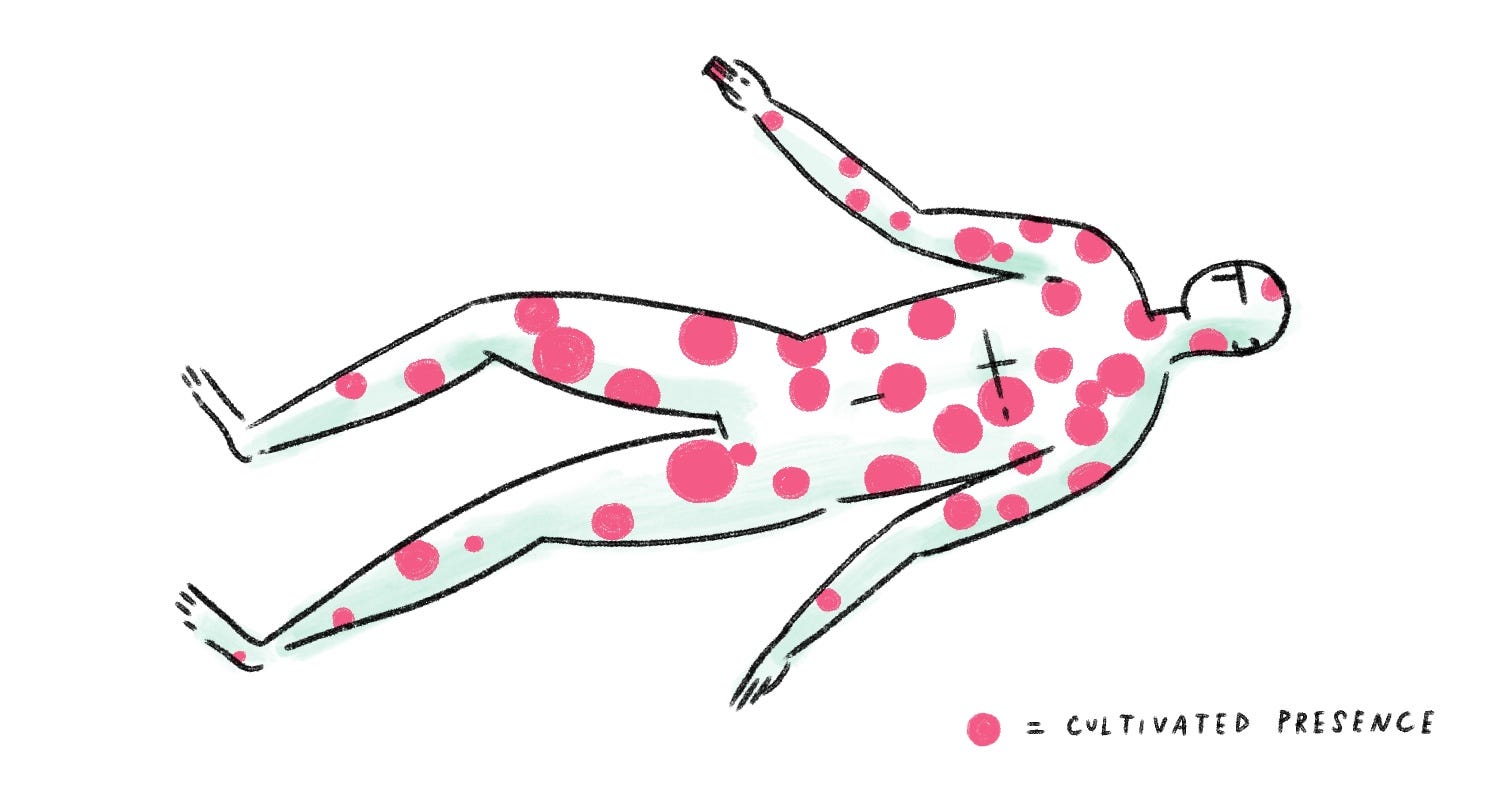As the son of an English diplomat, I spent some years in my early teens living on the Caribbean island of Barbados.
It was there that I was introduced to the game of golf. I would occasionally join my father and his friends on palm-fringed golf courses, and it didn’t take me long to get a feel for the game.
I also very quickly gained a very real sense that this was to be the most infuriating sport I’d ever have the opportunity to play.
To get through a round of golf alive is to have your character tested to its very edge.
The margin for error is so slight, that to hit the ball with the club-face a mere degree off, could have your up-until-then winning ball hurtling towards a watery demise.
Golf could reveal an inner rage in me that often surprised myself, let alone my poor father. A red-faced, cursing son kicking golf balls across the 12th green wasn’t the idyllic scene he had envisioned.
I’m by no means enlightened today, but I have seen a notable shift over the years in response to stressful and potentially annoying stimuli.
Many things have informed this change, from merely maturing into adulthood to experiencing and learning more from life.
There is, however, one element that has had an increasingly dominant effect on my ability to remain calm in triggering situations.
And that is the cultivation of what I call: ‘generalised presence.’
Much like some of us manifest generalised anxiety through consistently overthinking, we can create the opposite.
We can cultivate a generalised connectedness to the world around us, including the spirit that runs through all of us, by spending more time being present.
Over the years, as an avid student of self-help, I’ve learned a lot about managing thought.
One of my most significant breakthroughs was in seeing that our emotional experience is rooted in our thinking, not our circumstances.
This is crucial.
Our thoughts dictate our emotional experience, not our surroundings.
To be relaxed, we must disconnect from the unhelpful thoughts we hold in our heads.
And, oh my, are we good at creating unhelpful thoughts.
To disconnect is not to try to think less. It is to be present to what we can physically sense.
With a blossoming of this understanding, I’ve introduced presence into my life wherever I’ve been able to.
I meditate when I remember to, more often. I do this in the sitting position, but more recently I have been doing it at opportune moments through the day, notably when I walk. I have more consciously been bringing meditative walks into my days.
Sometimes I walk for two hours.
“People say that what we’re all seeking is a meaning for life. … I think that what we’re seeking is an experience of being alive, so that our life experiences on the purely physical plane will have resonances with our own innermost being and reality, so that we actually feel the rapture of being alive.”
~ Joseph Campbell
What is critical in all this is that beyond experiencing more calm, more of the time, I am much better able to deal with more intense sources of fear or stress. Things like socialising in groups, or interacting with provocative people no longer ignite a cascade of anxiety or anger as it once did.
I owe a lot of this to cultivating ‘reserves of presence’ like this.
I have always said the best way to ‘overcome’ fears is to face them incrementally and regularly. The experience shows us there is nothing to be afraid of.
We need to see our bodies and spirits as open vessels for the accumulation and spreading of that sense of presence.

Most importantly, we need to be present during moments that don’t necessarily test us.
Many think that to overcome fear is to be present during fearful moments. This can help, but I have always found that if you leave presence cultivation until the moments that trigger you, it’s already too late. The anxiety will be there.
Practice being present during moments when you are at ease, such as standing in line at the post office, or when walking along the street. When I walk, I notice textures; I listen to the birds; I feel the crisp oxygen at my nostrils; I genuinely stop and smell the flowers.
By doing this, I’ve become a more present person in general. I’ve built up — and continue to build up — my presence reserves.
These reserves seep into all corners of my experience.
And I’m seeing the benefits. The things that made me nervous before don’t grip me as they did.
The triggers that once set me off on an angry tirade, today feel like there is an imaginary rubbery barrier between my emotions and the supposed source of irritation.
I know I have more consciousness to cultivate by being present more often.
But I don’t see this as a chore.
It’s a reason to love being alive.
—
If these ideas stirred something in you, I’d love to read your comment below. I read them all.
To learn more about what I do, subscribe to special extra content, and to speak with me, connect here.
Alex
from Red Lemon Club https://ift.tt/39DdfzP

No comments:
Post a Comment